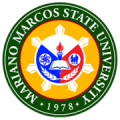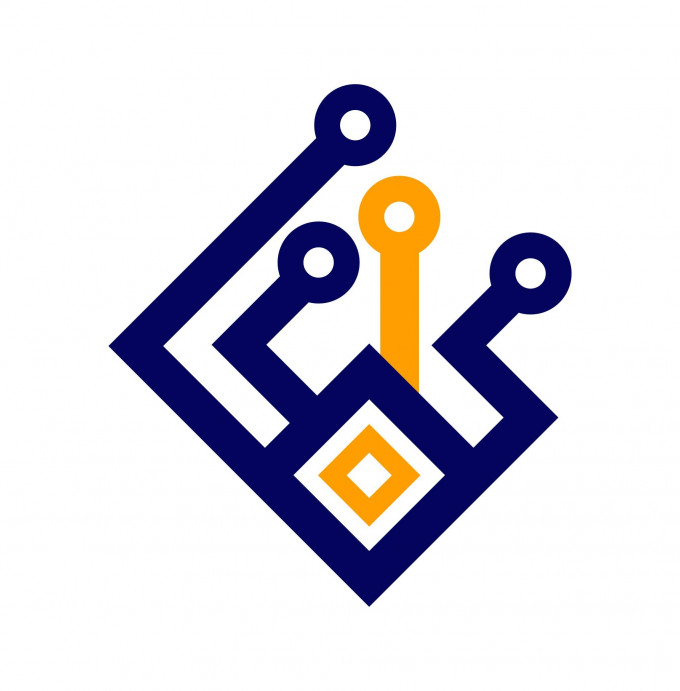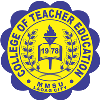Ilokanos learn agri, livelihood tech thru Eskuela iti Tangatang
By Kimberly S. Miguel
Mr. Conrado Achuela, a 66-year old farmer from Brgy. Salbang, Paoay, Ilocos Norte, has always desired to know how to respond to the problems farmers face during the COVID-19 pandemic. Being gravely hit by the crisis, he wanted to have better yield to serve his family’s daily needs.
Now, Achuela anticipates for better field produce having graduated from the Mariano Marcos State University’s (MMSU) School-on-the-Air (SOA) program. Here, he was comprehensively taught about alternative farming techniques and new technologies from experts.
“Ita, mangnamnamaak nga umado ken mapapintas ti apit ta addaannakon ti kumpiansa a mangyaplikar ken mangiburay dagiti nasursurok manipud kadagiti manursuro ken tagasukisok ti MMSU ken dadduma pay nga ahensia,” said Achuela. [Now, I expect for greater and better yield because I am confident to apply and share my learning from teachers and researchers of MMSU and other agencies.]
The class valedictorian, Achuela is one of the more than 1,000 SOA graduates who were equipped with the knowledge and practices about various agricultural and livelihood technologies from February to December 2021 on the program dubbed “Tarabay iti Pagtaengan, Pagbiagan, Salun-at (TIPPS) ken Dadduma Pay.”
The SOA completers are farmers and fisherfolk, junior and senior high school students, out-of-school youth, budding agri-preneurs and entrepreneurs, young professionals, and other community members from the different towns of Ilocos Norte.
They listened to radio lectures on crop production and organic agriculture, herbal and bio-intensive gardening, care and maintenance of livestock and poultry, food processing and preservation, entrepreneurship and financial management, health, wellness, and sanitation, and environmental awareness and conservation.
Some interesting topics also included the use of virgin coconut oil through cold press technology in alleviating symptoms of mild COVID-19 symptoms and preventing the spread of the African swine fever that has hit the hog industry in the past moths.
These sessions were aired over government-owned DWFB Radyo Pilipinas, DWCI Radyo Piddig, and DWNI Radyo Karruba-Burgos, and livestreamed via the official Facebook page of the MMSU extension directorate (@MMSUExtensionOfficial).
Hosted by MMSU’s Applied Communication Chief, Ms. Mercy R. Gaño, the program invited experts from MMSU, Department of Agriculture (DA), Agricultural Training Institute (ATI), Philippine Rice Research Institute (PhilRice), Philippine Crop Insurance Corporation (PCIC), Philippine Carabao Center (PCC), and Department of Science and Technology (DOST) to serve as guest lecturers.
“The pandemic has never stopped us in reaching out to the communities. Thanks to radio, which enabled us to share valuable technologies that help people help themselves,” Gaño remarked.
During the graduation ceremony at Teatro Ilocandia last February 18, MMSU President Shirley C. Agrupis encouraged the graduates “to serve as bridges of knowledge in the communities since they are now considered as the university’s extension arms."
Extension Director Marilou Lucas hopes the SOA graduates will pave the way to a more sustainable and resilient agriculture, aquatic, and natural resources (AANR) in the province.
The radio-based program was conducted in cooperation with the Ilocos Agriculture, Aquatic, and Natural Resources Research and Development Consortium, Provincial Government of Ilocos Norte through the Office of the Provincial Agriculturist, and the participating Local Government Units of the province. (JVBT/DPTJ, StratCom)
Gallery
Dear Valued Client,
We will be introducing our newly upgraded website on October 31, 2024 – offering faster access, improved navigation, and enriched content for students, faculty, partners, and stakeholders. Experience how we cultivate minds and transform futures at MMSU.

 CAFSD
CAFSD CASAT
CASAT CAS
CAS CBEA
CBEA CCIS
CCIS COE
COE CHS
CHS CIT
CIT CTE
CTE COM
COM CVM
CVM Graduate School
Graduate School




